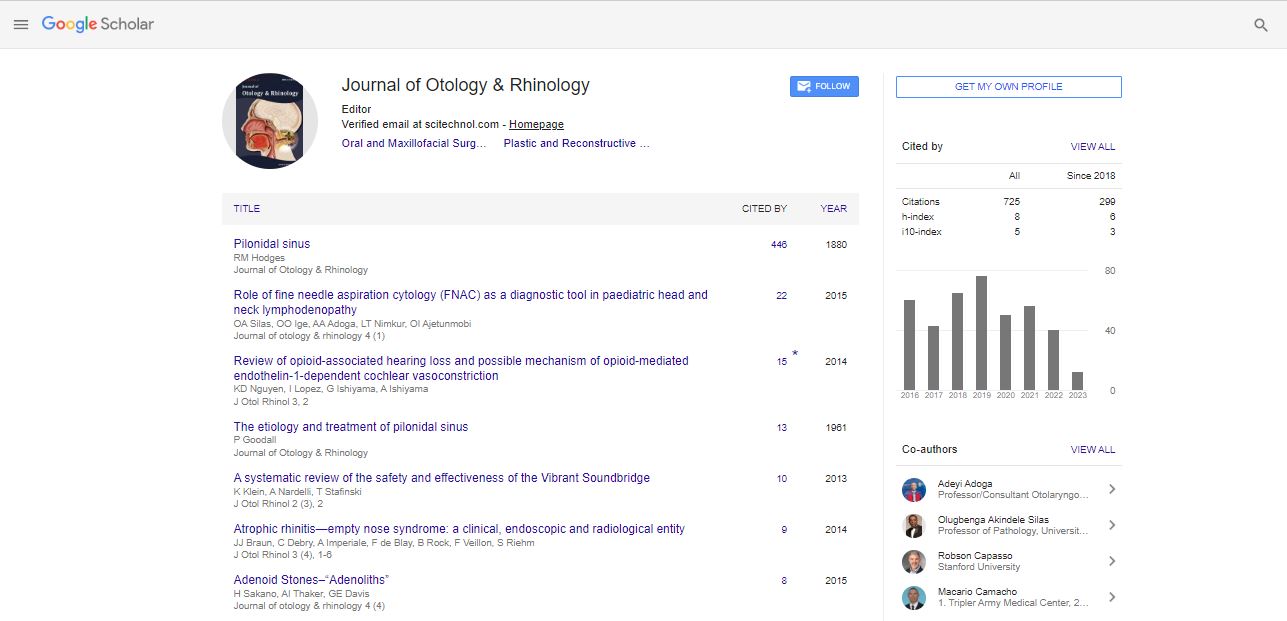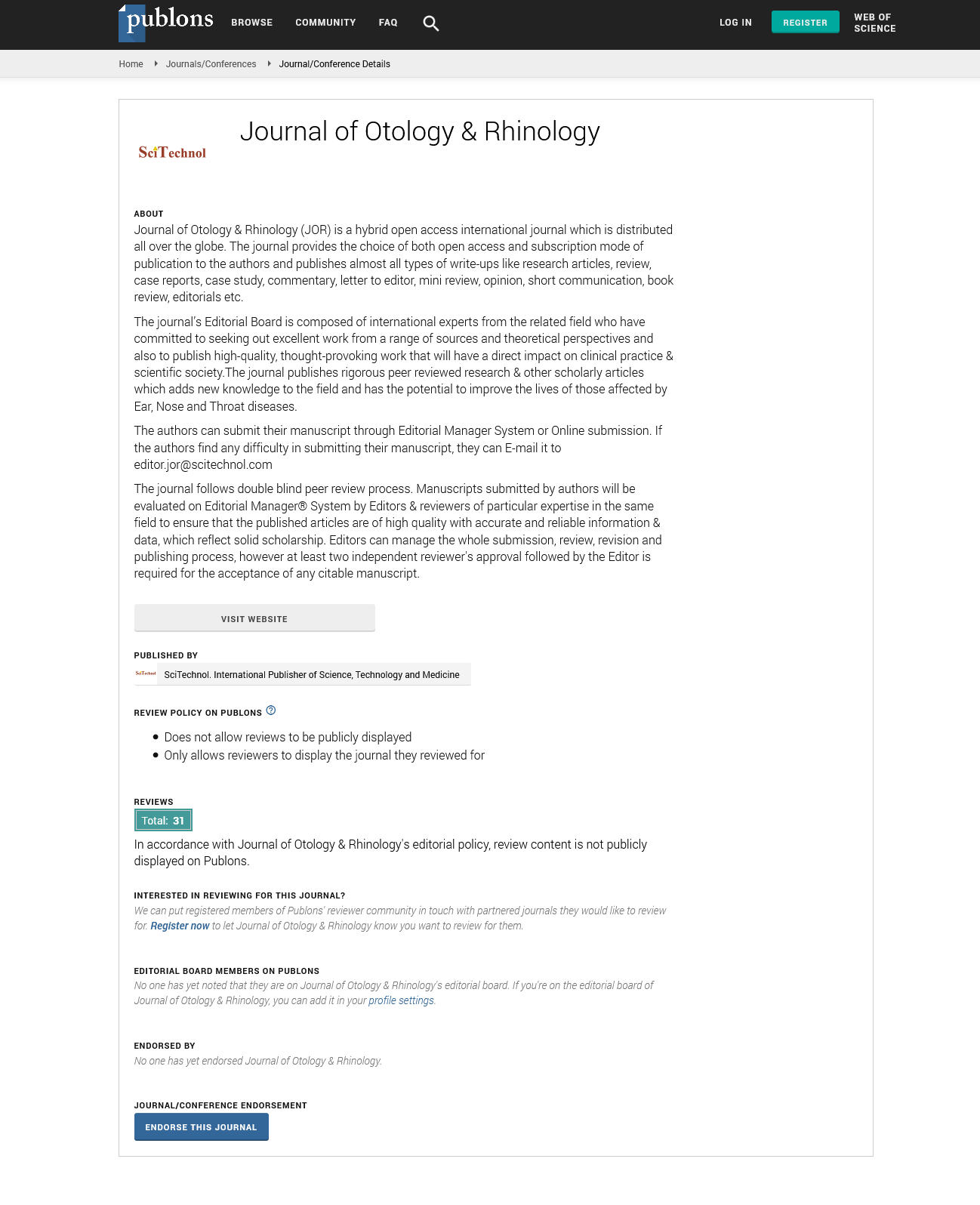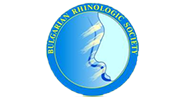Camel-related head and neck injuries: the biomechanics and severity
Al-Ali MA, Hefny AF and Abu-Zidan FM
College of Medicine and health Sciences, UAE University, UAE
: J Otol Rhinol
Abstract
Background: There are no studies on the literature focusing on the biomechanics of camel-related head and neck (HN) injuries. We aimed to study the type of injury, mechanism, the relationship between the mechanism of trauma and type of injury of patients admitted with camel-related HN injuries. Materials & Methods: We retrospectively analyzed the prospectively collected data of all patients who were admitted to Al Ain Hospital with a camel-related HN injury from Oct’ 2001 to Jan’ 2010. Results: 73 patients were studied; all were males with a median (range) age of 28 (5-89) years. Camel kick was the most common mechanism of injury in 45% patients followed by falling from a camel (22%). Facial fractures were significantly more common in patients who had been kicked by a camel. Severe head injuries were significantly more in patients who fell from a camel or who had a car collision with a camel. Compared with other mechanisms, camel bite was significantly responsible for neck soft tissue and cervical neurovascular injuries resulting in a significantly severe neck injuries (P=0.006). Car collision with a camel was significantly associated with the lower cervical spine fractures (P=0.017) and severe cervical spine injuries (P=0.004). Two patients died (overall mortality 3%). Conclusion: This study provides an insight into the complex biomechanics and severity of camel-related HN injuries. To decrease the incidence of HN camelrelated injuries, it is crucially important to increase awareness that protective measures should be adopted in our community.
Biography
Al-Ali MA has completed his Residency training in Otolaryngology, Head and Neck Surgery from the Sahlgrenska University Hospital, the University of Gothenburg, Sweden in 2014. He is a Fellow of the European Board of Otolaryngology- Head and Neck Surgery. He works as an Assistant Professor at the Department of Surgery, College of Medicine and Heath Sciences, UAE University. He is a Consultant Otolarngologist in Al Ain Hospital, Abu Dhabi, UAE.
E-mail: m.al-ali@uaeu.ac.ae
 Spanish
Spanish  Chinese
Chinese  Russian
Russian  German
German  French
French  Japanese
Japanese  Portuguese
Portuguese  Hindi
Hindi 


